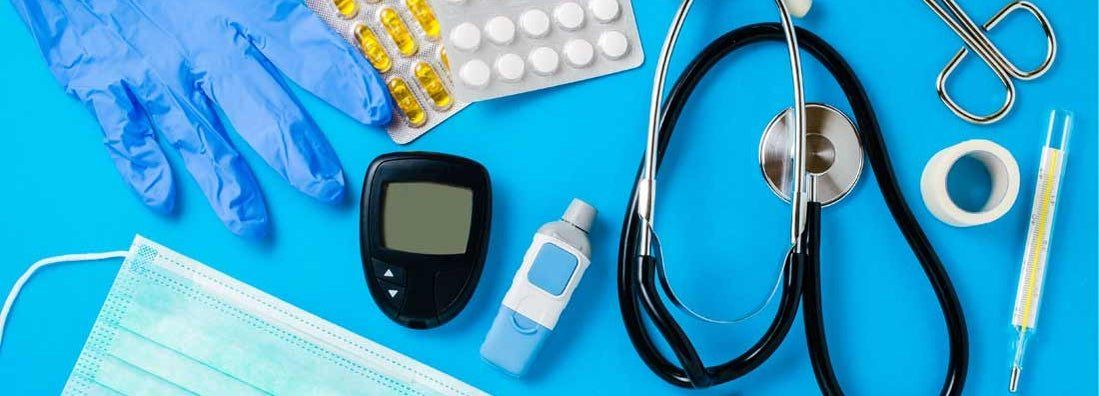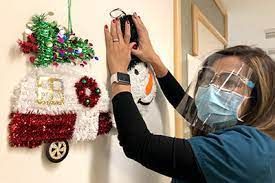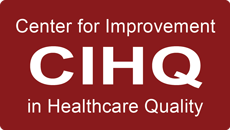How Safe Is Your Medical Equipment?
How Safe Is Your Medical Equipment? Here Are A Few Tips To Consider To Prevent Injury
april 2022
By Jody Randall MSN, RN, CIC, HACP-CMS, HACP-PE CEO
and Founder
If your organization is fortunate enough to have an organized Biomedical Equipment Technician on staff than chances are your organization is compliant in managing your healthcare equipment. All healthcare facilities rely on a wide variety of equipment that can be used to assist with monitoring, providing care to patients and communicating vital information. Not all equipment used in a healthcare setting remains stationary.
Keeping a current inventory log is not only a requirement by the Centers for Medicare and Medicaid Services (CMS) but will also help with tracking. It is not uncommon for equipment to go missing. Having a high-tech asset tag system in place can help minimize loss.
During the course of a CMS survey, you can anticipate a surveyor asking for your inventory list. The complete list should include a location of the equipment, description, and identification number. This list should also include the manufacturer, model and serial number of all pertinent equipment. It must indicate an acceptance date and any information that is pertinent to safe use of the equipment.
The World Health Organization published Introduction to Medical Equipment Inventory Management. Your can download the manual for free here:
https://www.who.int/publications/i/item/9789241501392
.
The manual provides an overview of the key elements that should be included in all healthcare facilities to ensure a successful and safe medical equipment program is in place.
When dealing with any equipment use in healthcare, best practice is to always abide by the manufacturers recommendation for use, cleaning and preventative maintenance. It is critical for organizations to educate team members about manufacturer recommendations (MFR’s). It is not uncommon for new equipment to be damaged by using the wrong disinfectant to clean or to void a warranty due to not performing requirement preventative maintenance on equipment.
Subsequently if a patient is injured by equipment that has not been properly maintained, a facility may face significant legal and financial consequences. If a patient does sustain an injury involving medical equipment, the healthcare facility is required to report any injury or death that occurred as a result under the Safe Medical Device Act of 1990.
Another key element to having a safe and effective medical equipment program is implementing a lockout/tagout system. Education is key to ensuring that equipment that is not working or not working properly be removed from general use until it has been properly repaired or replaced by a Biomedical Equipment Technician or an engineer. Having a method in place to clearly identify faulty equipment is critical in a healthcare environment and should not be overlooked. Make lockout tags readily available to team members and verify that they understand how to report faulty or broken equipment immediately when the situation occurs.

Whether your organization is just getting started or in need of guidance to help ensure your facility has a safe and effective medical equipment program, we can help. Contact us today at www.healthcareconsultingexperts.com for a free initial consultation.
HCE is Here to Help
Healthcare Consulting Experts LLC was built based upon our understanding of the challenges that all healthcare facilities are facing today. Healthcare professionals strive to deliver the best possible care to all patients. We can help your facility through the difficult times and put you back on track to a less stressful tomorrow.
Don’t take chances! Our experts can assist with regulatory compliance requirements for whether you are building a new, state of the art project or renovating an existing structure. Be sure to visit our website at
www.healthcareconsultingexperts.com
to see a full list of the services that we provide. Contact us today at 1(800) 813-7117 for a free initial consultation.
Please join us by clicking on any of the icons below to leave a comment or for more informati
on and updates:





